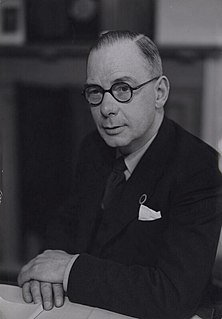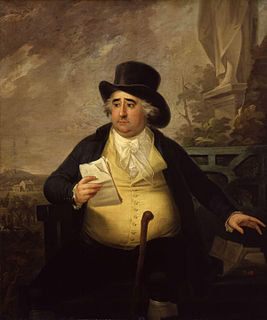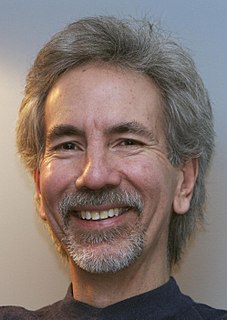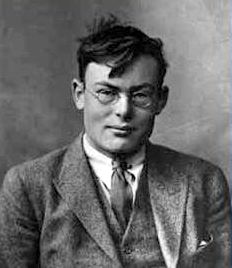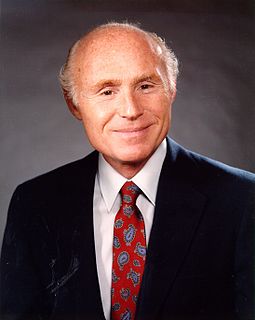A Quote by Nassim Nicholas Taleb
When you develop your opinions on the basis of weak evidence, you will have difficulty interpreting subsequent information that contradicts these opinions, even if this new information is obviously more accurate.
Related Quotes
The wisdom of literature is quite antithetical to having opinions. 'Nothing is my last word about anything,' said Henry James. Furnishing opinions, even correct opinions - whenever asked - cheapens what novelists and poets do best, which is to sponsor reflectiveness, to pursue complexity. Information will never replace illumination.
No human government has a right to enquire into private opinions, to presume that it knows them, or to act on that presumption. Men are the best judges of the consequences of their own opinions, and how far they are likely to influence their actions; and it is most unnatural and tyrannical to say, "as you think, so must you act. I will collect the evidence of your future conduct from what I know to be your opinions."
When examining evidence relevant to a given belief, people are inclined to see what they expect to see, and conclude what they expect to conclude. Information that is consistent with our pre-existing beliefs is often accepted at face value, whereas evidence that contradicts them is critically scrutinized and discounted. Our beliefs may thus be less responsive than they should to the implications of new information
The approach and strategies are very similar in that you gather all the information you can and then keep adding to that base of information as things develop. You do whatever the probabilities indicated based on the knowledge that you have at that time, but you are always willing to modify your behaviour or your approach as you get new information. In bridge, you behave in a way that gets the best from your partner. And in business, you behave in the way that gets the best from your managers and your employees.
If confirmed, [Judge of the Supreme Court] will write the words that will either broaden or narrow our rights for the rest of your working life. You will be interpreting the Constitution in which we as a people place our faith and on which our freedoms as a nation rest. And on a daily basis, the words of your opinions will affect countless individuals as they seek protection behind the courthouse doors.



